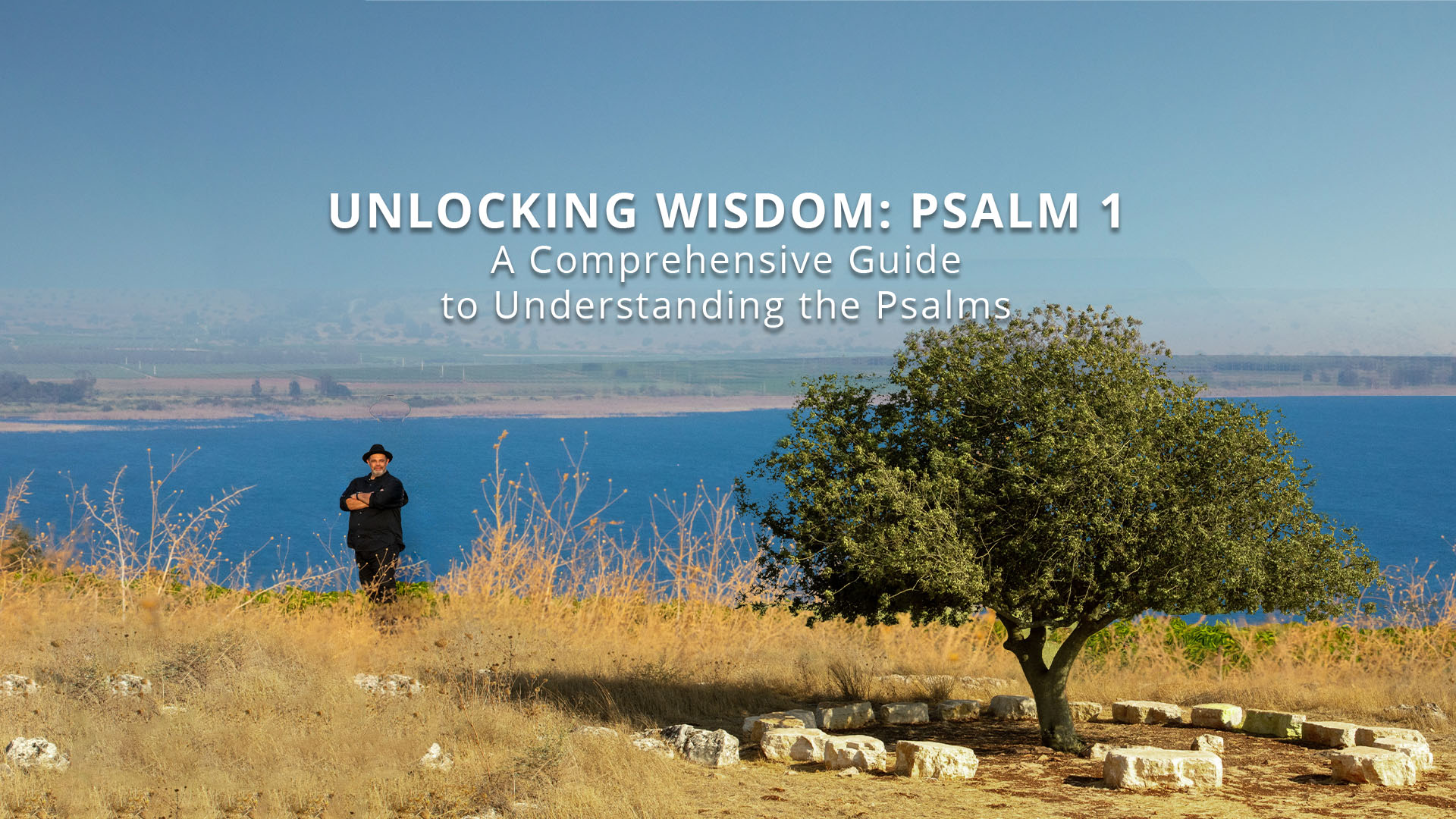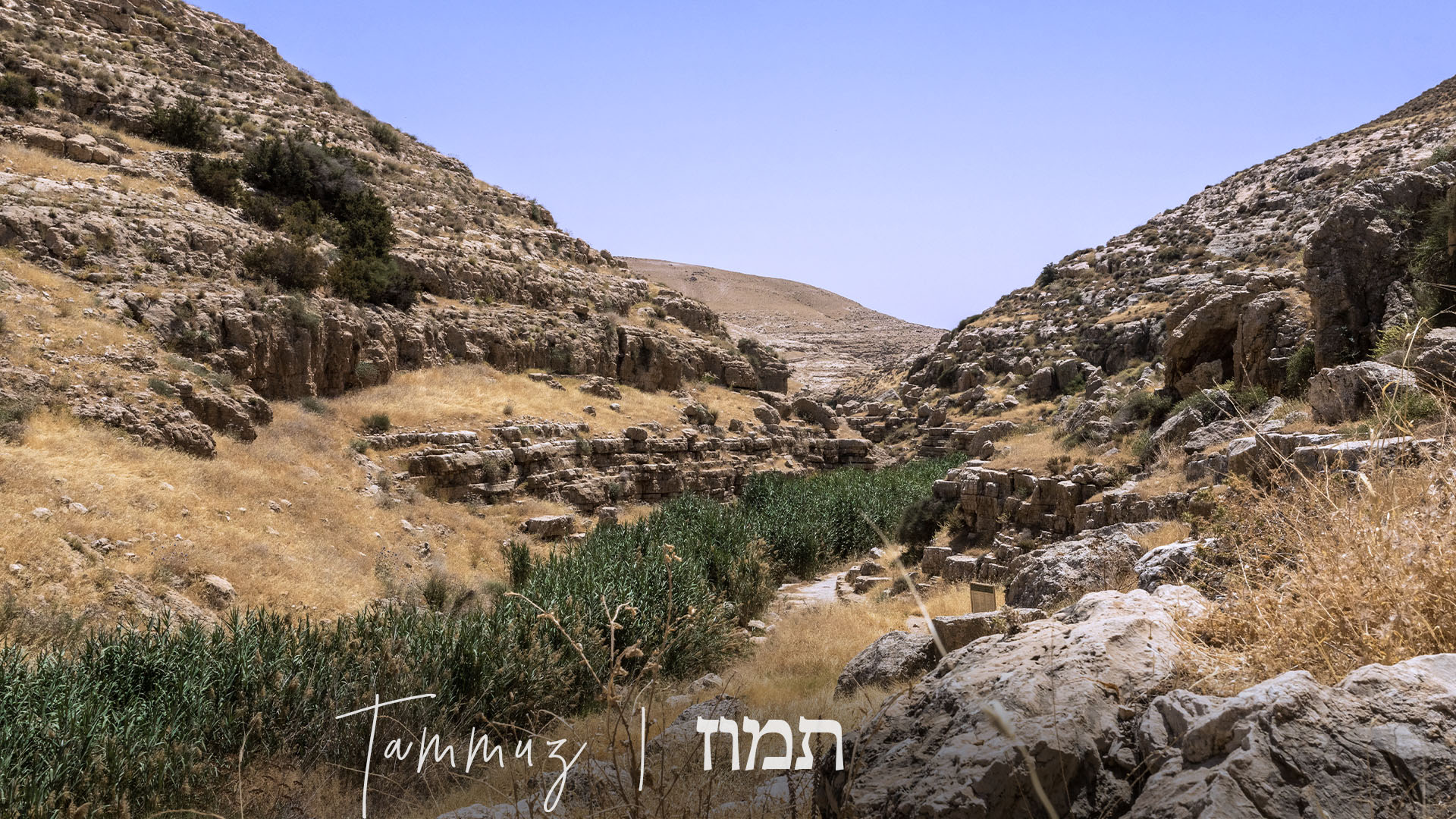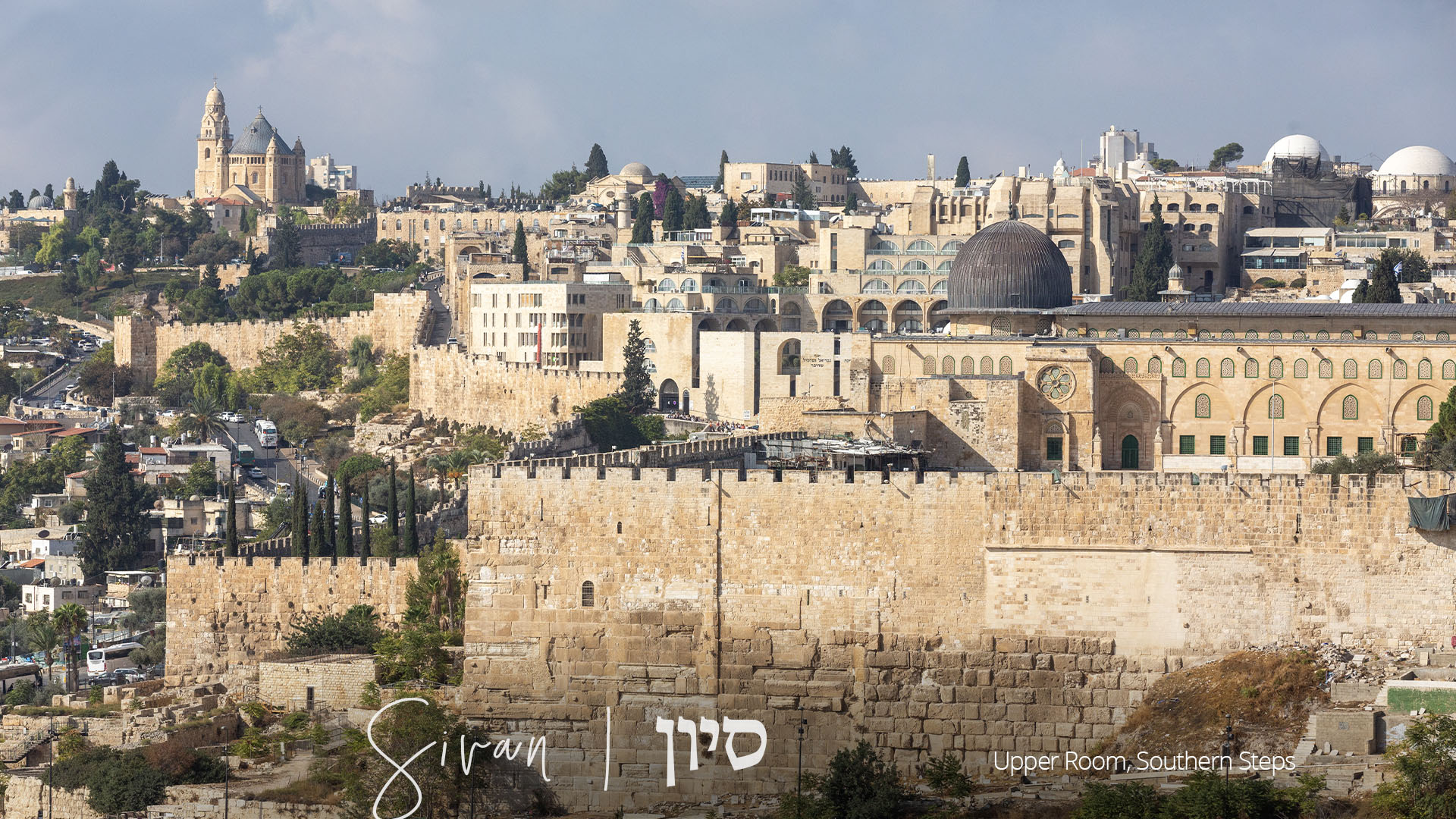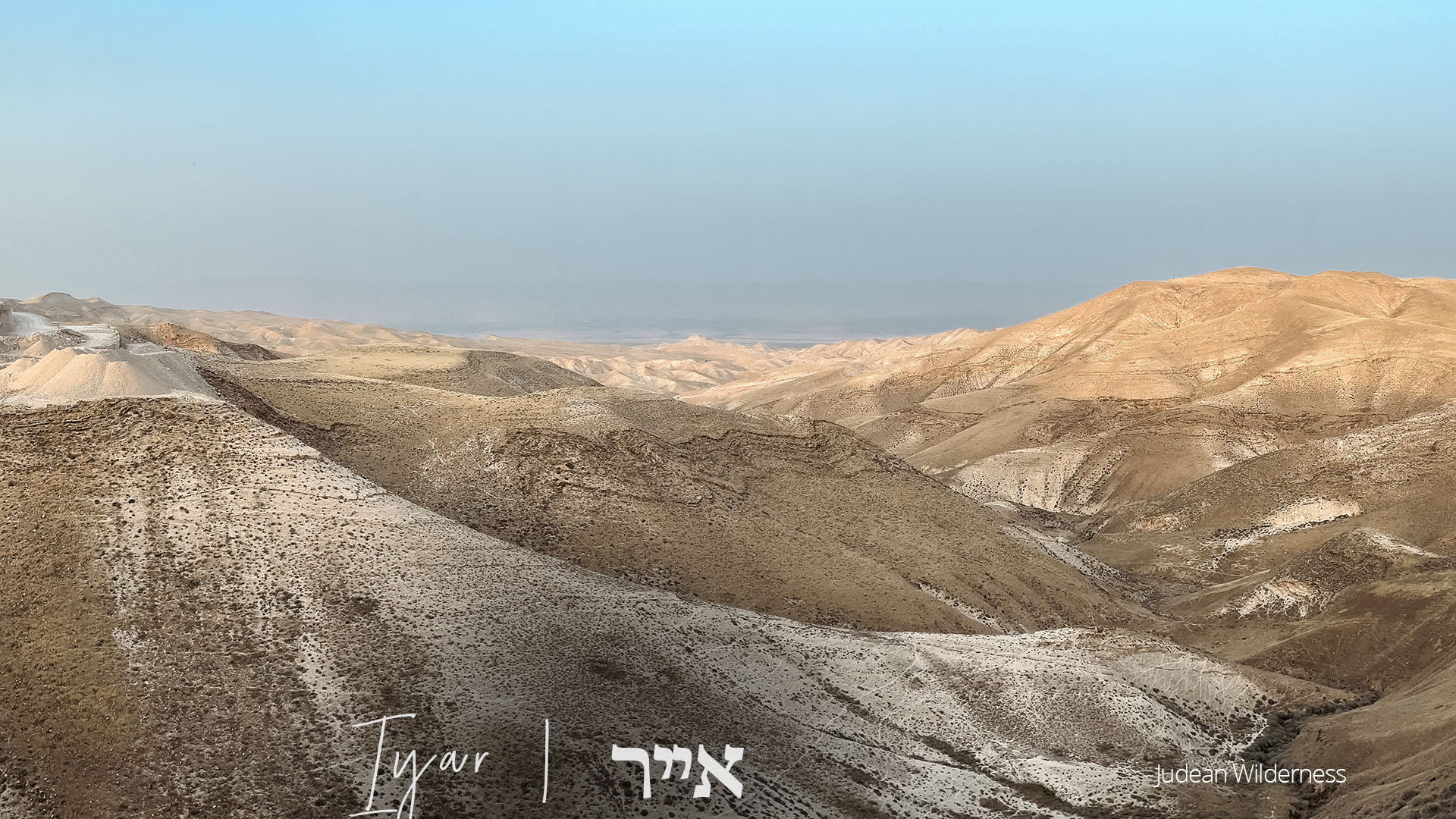
What is the point of the Psalms? How should we read the Psalms? There is probably no better way to start a study of the Psalms than by going to the beginning. Psalm 1 is a revelation of wisdom and godly insight that helps us make sense of all the Psalms following it.

God renews creation. Tishrei’s festivals all focus on the person praying, waiting, and relying upon the Lord. Consequently, this month’s other name (Ethanim meaning “strong”) makes perfect sense, as “they who wait for Adonai will renew their strength” (Isaiah 40:31).

Each day of the month of Elul (except for Shabbat and the last day of Elul), the Jewish people sound the shofar (ram’s horn) as a call to repentance. The Jewish people teach that the “King is in the Field” during Elul—God is readily accessible, willing to hear our requests and listen to our fervent prayers for the coming new year.

On the 3rd day of this month, the Lord miraculously stopped the sun in its tracks (allowing for sustained vision), allowing Joshua and his armies to deal a decisive blow to their enemies.

Although Iyar does not contain many “special days,” every single day of the month is included in the Counting of the Omer. This month is a period of introspection and self-refinement, as we prepare ourselves to receive the Torah and the Spirit anew on Pentecost. Each day of Iyar represents another step in this spiritual journey toward Mount Sinai.

Although Iyar does not contain many “special days,” every single day of the month is included in the Counting of the Omer. This month is a period of introspection and self-refinement, as we prepare ourselves to receive the Torah and the Spirit anew on Pentecost. Each day of Iyar represents another step in this spiritual journey toward Mount Sinai.

It is in this month that we celebrate the eight-day holiday of Passover, from the 15th through the 22nd of Nisan. It commemorates the Jewish people’s miraculous redemption from slavery in Egypt, and the birth of the Jewish nation.

What is the saddest day in Jewish History?
The most solemn day on the Jewish calendar is Tisha B’Av—the ninth day of Av. It is a time for mourning as a community. On (or around) this day throughout history, many calamities have befallen the Jewish people. Consider some of these dark episodes…

The month of Av is also referred to as “Menachem Av.” “Menachem” means “consoler,” and “Av” means “father.” Due to the tragic events that occurred during this month, its name reminds us that God is there to comfort us in times of tragedy. Tu B’Av signifies rebirth after destruction and is a day for new beginnings.

It’s fascinating to consider the possibility that Elohim in verse one lays the foundation for the Ruach Elohim in verse two and the creational Word God spoke in verse three. The “God” of creation cannot be known apart from the Spirit of Creation, the One identified in the Nicene Creed as “the Lord, the giver of life.” And, of course, the breath (or spirit/ruach) of God is expressed in speech: “Let there be.” Hence the opening of John’s Gospel recapitulates the opening of Genesis: “In the beginning was the Word. The Word was with God, and the Word was God. He was with God in the beginning” (John 1:1-2).










